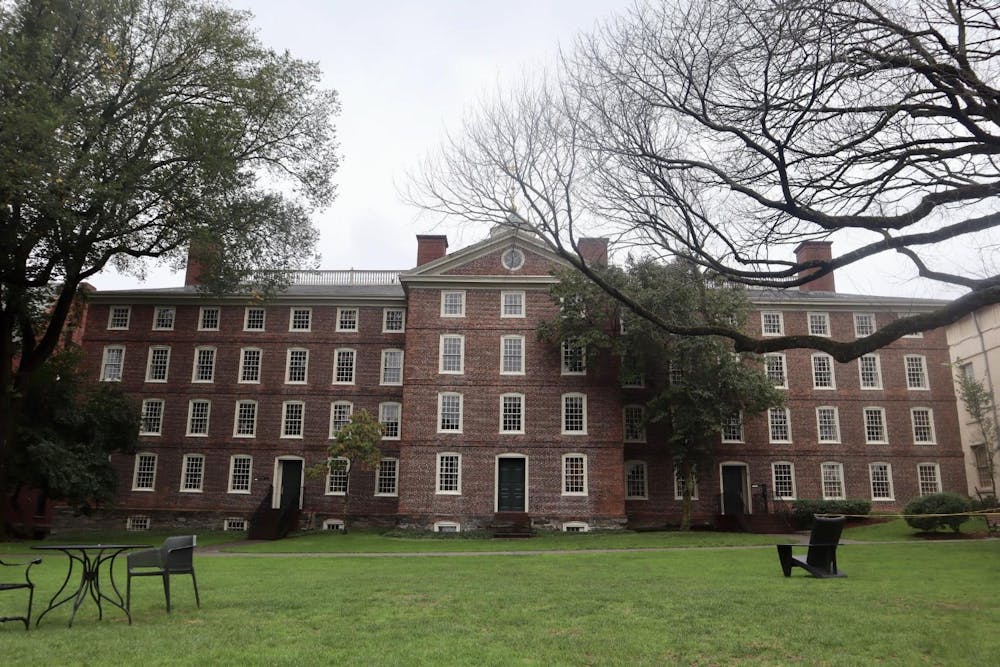On Wednesday, community members had one last chance to publicly voice their concerns regarding divestment before an advisory committee on University resources issues their recommendation in under three weeks.
The virtual forum held by the Advisory Committee on University Resources Management follows two hearings from student groups this past week: one group supporting divestment from ten companies with Israeli military ties, and one group opposed. The students’ presentations and public inputs will inform ACURM’s final recommendations, which Brown’s Corporation will vote on in October.
The speakers, appearing on Zoom without video, identified themselves as students, alumni, faculty, parents of students and Providence community members. The majority of attendees, unlike yesterday’s hearing, were opposed to divestment.
One speaker stated that he felt that divestment would cause “great harm.” He emphatically described the struggles of his Israeli family and friends living in the war zone. Another speaker, advocating for divestment, identified himself as a Palestinian refugee, and urged ACURM to consider his family’s suffering while making their decision.
ACURM Chair James Kellner reiterated ACURM’s criteria to issue a divestment recommendation: “Whether the investment of Brown University resources in any of the 10 companies identified in the (divestment) proposal before us contribute to social harm.”
Regardless of their views, speakers repeatedly asked Kellner questions related to how ACURM would define the category of “social harm.”
Kellner hesitated to offer a universal definition of social harm, but said that “the situation taking place in Palestine” is “an unquestionable social harm, and ... there’s probably something close to a universal consensus on that view.”
He compared ACURM’s members to jurors in a trial, characterizing them on multiple occasions as open-minded while acknowledging that they have existing beliefs.
A handful of attendees characterized divestment from companies with Israeli military ties as a slippery slope.
“How would you then (not open) this up to every single other circumstance of countries or companies involved in controversial issues?” one attendee asked. “If this divestment were to pass, would the next logical thing be to divest from Qatar and Turkey for supporting Hamas?”
Kellner responded by pointing out that Brown can consider more requests in the future.
“In the past, the University has made the decision to divest from South Africa, from the humanitarian crisis in Sudan and also from tobacco,” he said. “There have been other proposals over time … this is just the one that we’re talking about right now.”

Kate Butts is a senior staff writer covering University Hall. Outside of The Herald, she loves running, board games and Trader Joe's snacks.





